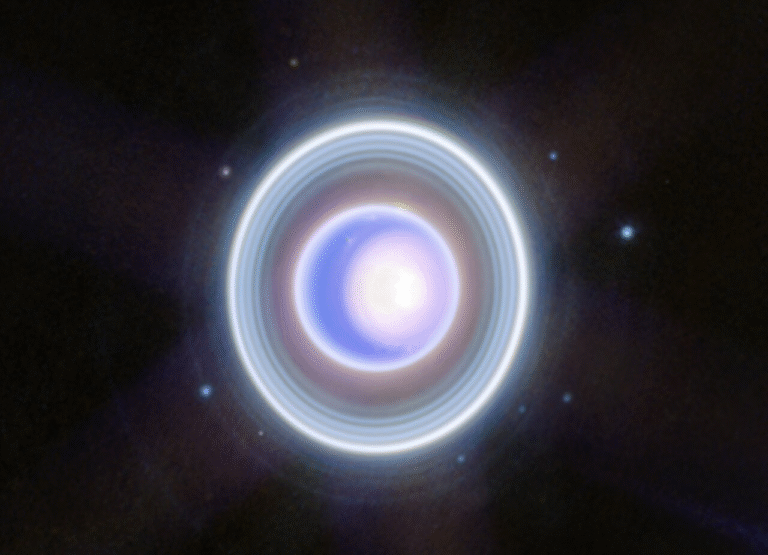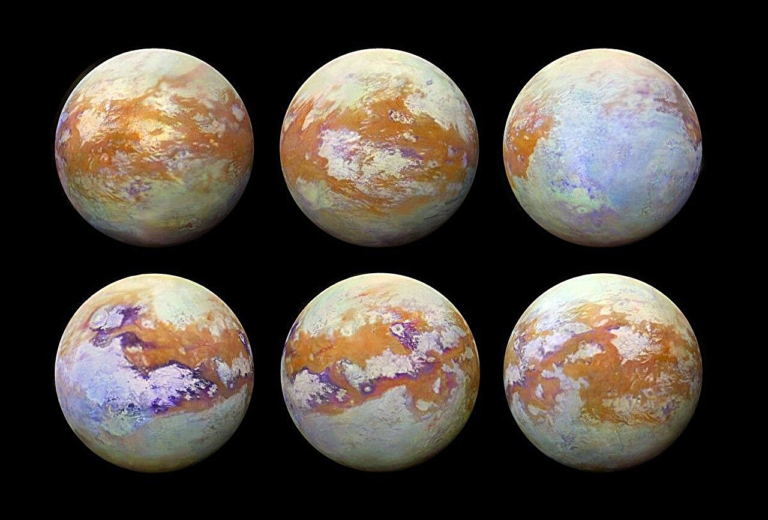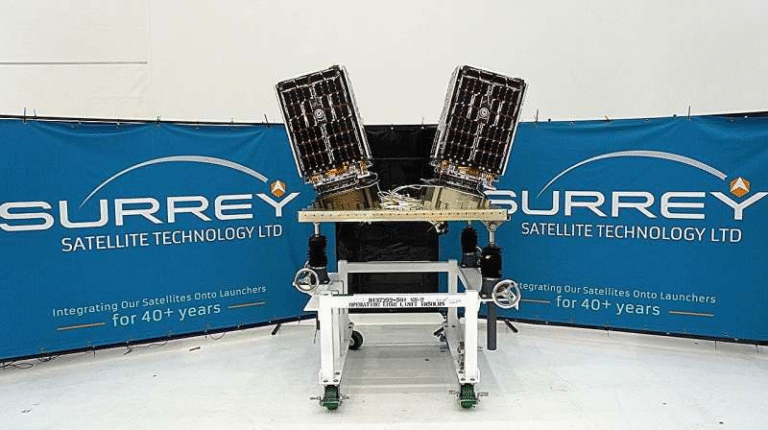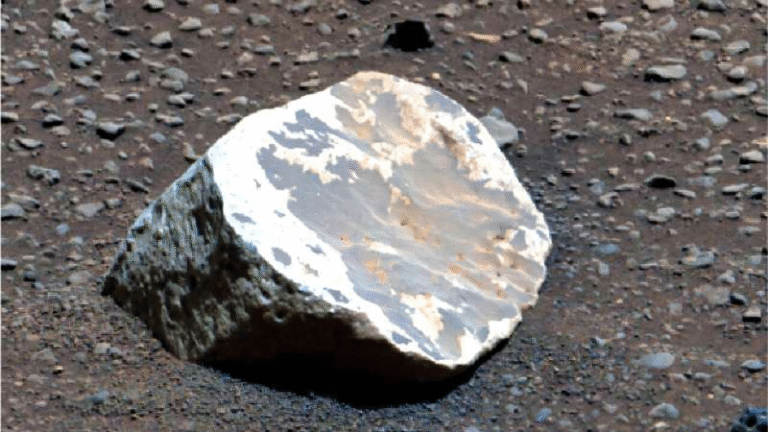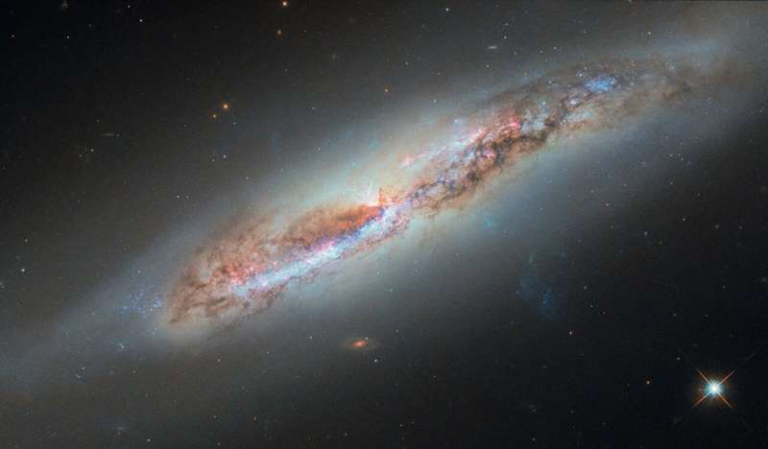Trump Renominates Billionaire Astronaut Jared Isaacman to Lead NASA
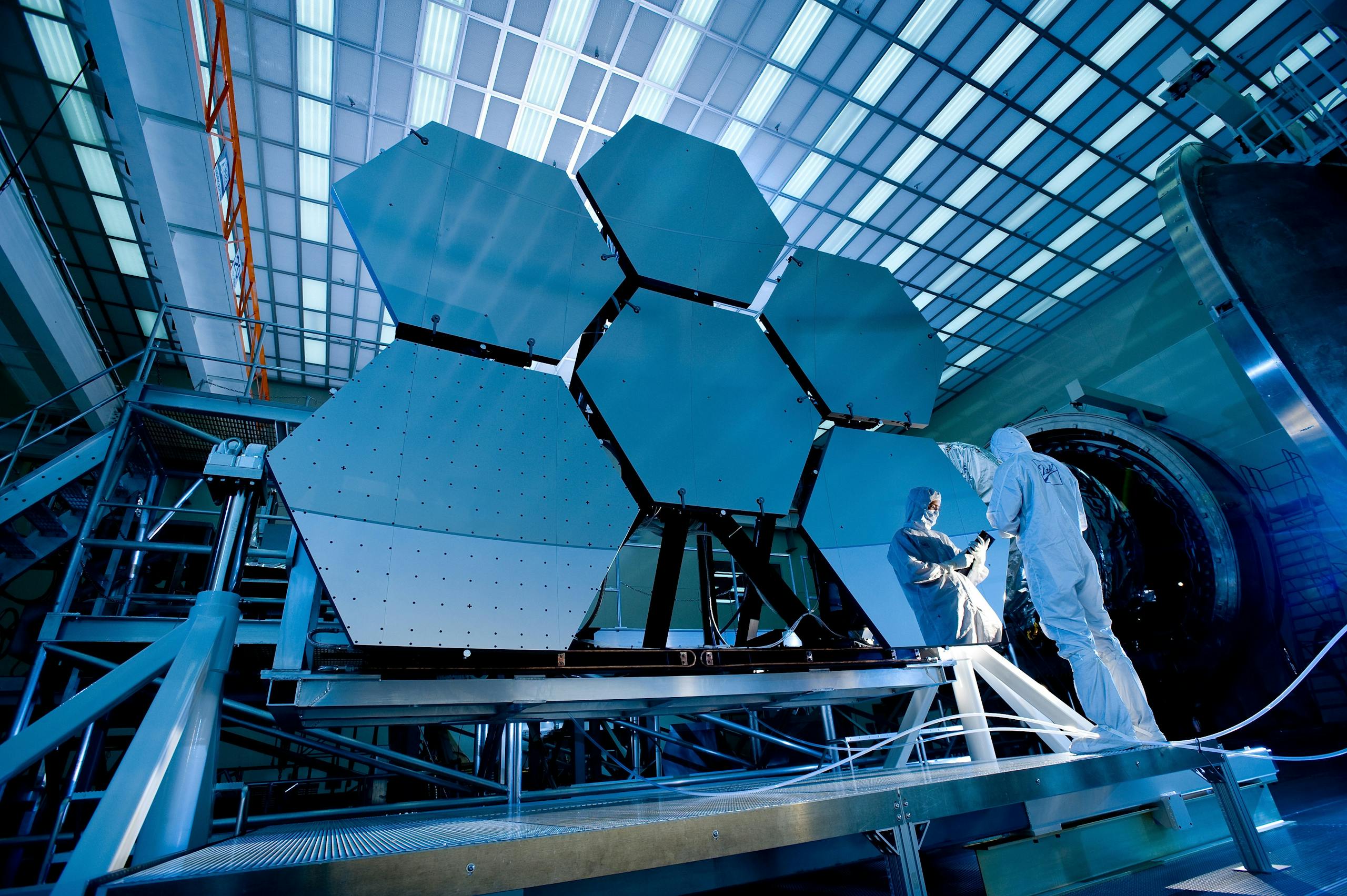
In an unexpected reversal that has grabbed attention across the space industry, former President Donald Trump has renominated Jared Isaacman to become Administrator of NASA—just months after withdrawing his initial nomination.
Here’s the full rundown of what’s going on, how we got here, and why this nomination matters.
What’s happening
On November 4, 2025, Trump announced that he intends to nominate Isaacman to lead NASA. This is the second time Isaacman has been chosen for the role, after his first nomination ended in a withdrawal earlier this year.
Previously, on May 31, 2025, Trump pulled Isaacman’s nomination just days before a Senate confirmation vote—citing “prior associations” and concerns about his political leanings. The sudden withdrawal left NASA under acting administrator Sean Duffy, raising questions about the agency’s direction and leadership.
With this new nomination, Isaacman will once again be under consideration for the top job at NASA—and if the Senate confirms him, he may replace the current acting head of the agency.
Who is Jared Isaacman?
Jared Isaacman is a billionaire entrepreneur and private astronaut known for his deep ties to the commercial spaceflight industry. He is the founder and CEO of Shift4 Payments, a company that processes digital transactions for millions of businesses.
Beyond business, Isaacman has become one of the most prominent private astronauts in the world. He:
- Commanded the all-civilian Inspiration4 mission, which orbited Earth aboard SpaceX’s Crew Dragon spacecraft in 2021.
- Became the first private citizen to perform a spacewalk during SpaceX’s Polaris Dawn mission in September 2024.
- Has invested heavily in SpaceX missions, promoting the concept of commercial human spaceflight.
Because of this background, many believe Isaacman could push NASA further toward public–private partnerships and the growth of the commercial space economy.
Why his nomination was pulled — and why Trump reversed course
When Trump first nominated Isaacman in December 2024, the move seemed aligned with his push to integrate private industry into U.S. space policy. However, things changed in May 2025, when the nomination was withdrawn.
Key reasons included:
- The White House stated that the decision was due to Isaacman’s “prior associations”, though details were vague.
- Reports emerged that Isaacman had previously donated to Democrats, a fact that did not sit well with some members of Trump’s inner circle.
- There were also concerns over conflicts of interest, given Isaacman’s close friendship with Elon Musk and his role as a major SpaceX customer.
So why the reversal in November? Analysts point to several factors:
- Pressure from industry leaders, who viewed Isaacman as uniquely qualified to lead NASA through a commercial transition.
- Growing emphasis on private-sector innovation within Trump’s second-term space agenda.
- A realization that Isaacman’s combination of business acumen, astronaut experience, and passion for space exploration could bring new energy to the agency.
Trump himself described Isaacman as someone whose “passion for exploration and dedication to advancing the new space economy” make him ideal for the position.
What the nomination means for NASA
If Isaacman is confirmed by the Senate, his leadership could reshape NASA’s future in several ways:
- More focus on commercial spaceflight
NASA has already been collaborating with private companies like SpaceX, Boeing, and Blue Origin. With Isaacman at the helm, that partnership could deepen further. Expect an even stronger emphasis on contracting private firms for crewed missions, lunar logistics, and future Mars exploration. - Balancing exploration priorities
NASA’s current roadmap includes both the Artemis Moon program and longer-term Mars ambitions. Isaacman’s experience suggests he could push for faster timelines and more private involvement in both areas. - Oversight and ethics questions
Given his ties to SpaceX, Isaacman may face scrutiny over maintaining NASA’s independence. Senators have already raised concerns about potential conflicts of interest, particularly as SpaceX continues to win major NASA contracts. - Agency culture and funding challenges
NASA faces ongoing budget constraints and a need to retain top scientific talent amid rising global competition. A leader from the private sector could bring efficiency—but also culture shock—to a traditionally research-driven organization.
A quick timeline of key events
- December 2024 – Trump nominates Jared Isaacman as NASA Administrator.
- April 2025 – Isaacman testifies before the Senate Committee on Commerce, Science, and Transportation.
- May 31 2025 – Trump withdraws the nomination, citing “prior associations.”
- July 2025 – Transportation Secretary Sean Duffy becomes acting NASA Administrator.
- November 4 2025 – Trump renominates Isaacman for the position, praising his record and vision.
Why you should pay attention
Whether you follow politics, science, or the future of space, this nomination is significant. NASA plays a central role in shaping global space exploration, and its leadership influences how taxpayer dollars, private investments, and scientific missions are managed.
Here’s why this matters:
- NASA’s administrator sets priorities for exploration—whether focusing on the Moon, Mars, or low-Earth orbit projects.
- The agency’s balance between government oversight and private innovation could tilt more toward the latter under Isaacman.
- As nations like China and India expand their own space programs, NASA’s strategy will determine America’s place in the next generation of space competition.
If confirmed, Isaacman’s tenure will be a test of whether NASA can successfully merge traditional research programs with the profit-driven pace of the private sector.
A bit more background about NASA’s leadership and the commercial shift
The NASA Administrator is effectively the CEO of one of the world’s largest scientific organizations, overseeing billions of dollars in research, technology, and exploration programs. The role demands balancing political expectations, congressional oversight, and scientific integrity.
In recent years, NASA has leaned more on commercial partners to cut costs and speed up missions. This includes outsourcing cargo and crew flights to SpaceX and Boeing, and funding commercial space station development to replace the aging International Space Station.
Isaacman’s potential appointment fits neatly into that evolution. He’s not a career bureaucrat or scientist—he’s an operator who has spent his life building businesses and flying rockets. That could be both his biggest strength and his biggest challenge.
The shift toward commercialization isn’t without critics. Some worry NASA’s dependence on private companies could erode its independence or slow down purely scientific research. Others argue that it’s the only way to maintain progress in an era of tight budgets and international competition.
In summary
Trump’s decision to re-nominate Jared Isaacman to lead NASA marks a dramatic turnaround in one of the most high-profile leadership stories in American space policy. It merges the political world of Washington, the entrepreneurial drive of Silicon Valley, and the ambition of modern space exploration into a single appointment.
Whether Isaacman ultimately secures Senate confirmation remains to be seen. But one thing is certain: his leadership would represent a clear pivot toward a new era of commercial spaceflight, tighter ties between NASA and SpaceX, and a reimagined vision of how the United States explores the final frontier.
